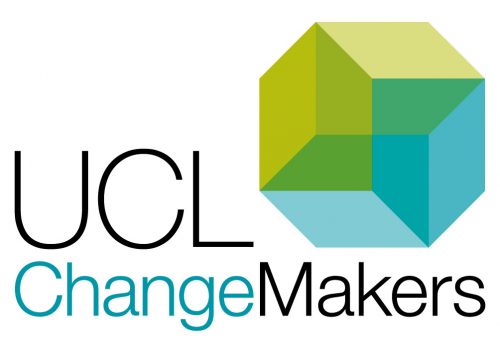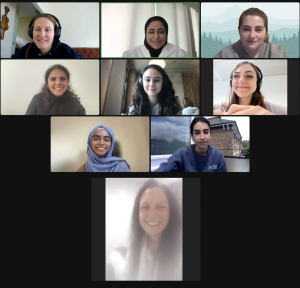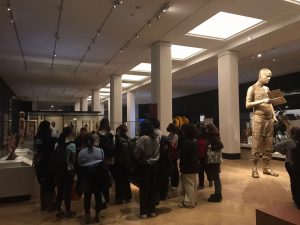The team
Staff: Dr Yulia Ioffe
PhD Student: Mhari Gordon
MSc Student: Kim-Anh Anastasia Chau
BSc Student: Libby Kay
Department
Institute for Risk and Disaster Reduction (IRDR)
What happened?
The idea started with student representatives at the Staff-Student Consultative Committee mentioning students’ feelings of isolation and desire for more social interaction. A student survey was sent at the beginning of the ChangeMakers project (with 30 respondents) where students expressed the desire for a department society in order to improve the student experience, sense of belonging, and collaborative environment society. This ChangeMakers project aimed to gather the opinions of current students of the IRDR to formulate recommendations for the upcoming new department student society. This project benefits the current 170 students of the IRDR and is expected to benefit the creation of the student society and future IRDR students as the overall student number is expected to grow in the next 5 years to 500 students. In order to capture the wider views and be representative of the IRDR student community, the team comprised of a student from each cohort (BA, MSc and PhD). Furthermore, the project was run in collaboration with a staff member. To meet the project aim, the team organized and ran both a focus group discussion (FGD) session, including 12 students (4 per cohort), as well as social events open to all IRDR students, including a tea and coffee morning and pub evening. After the FGD and events, the team met to discuss the success of the project and write a report to hand over recommendations to the new department society. Overall, the findings were that the IRDR students wanted a more vibrant student community and the ChangeMakers team was able to identify social events that students want next year, such as regular social events which are per cohort, across cohorts and with alumni, including activities such as picnics, game nights and museum trips, as well as taking part in activism, volunteering, and seasonal activities including ice-skating trip and end of term dinners. The team is confident that the new department student society will start with strong based on the contributions and recommendations of the efforts from the ChangeMakers team and the ‘starter kit’ report.
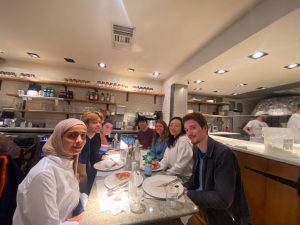
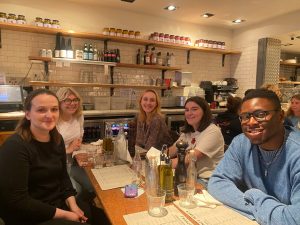
What advice or encouragement would you give to someone thinking of doing a ChangeMakers project?
Taking part in a UCL ChangeMakers project reinforces the feeling of belonging in the department, a great way to get to know students from other cohorts, as well as the wider UCL community. It is rewarding to contribute to building the student’s sense of belonging and identity by supporting the development of a new society. To know the project will be impactful, you should start by questioning what would be very valuable to the student community you are part of. This can be achieved by running surveys or simply discussing with your peers. To ensure the project is successful, set targeted and quantifiable goals. Set and follow clear deadlines. Discuss with your colleagues or staff if you experience difficulties. Organize reflective sessions.
